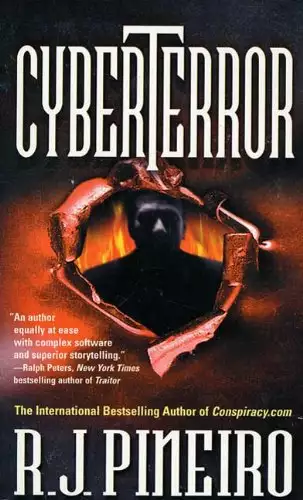Cyberterror
We hope you are enjoying the book so far. To continue reading...
Cyberterror
R. J. Pineiro
Copyright © 2026 All Rights Reserved
Close
